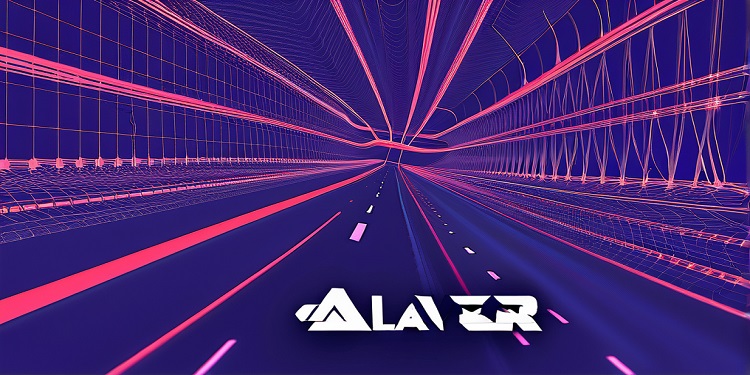 Estonia has updated its anti-money laundering legislation to include more control of decentralized finance (DeFi) systems and initial coin offerings (ICOs) (ICOs). The proposed legislation gives virtual asset service providers (VASPs) until March 18, 2022, to adapt to the latest requirements.
Estonia has updated its anti-money laundering legislation to include more control of decentralized finance (DeFi) systems and initial coin offerings (ICOs) (ICOs). The proposed legislation gives virtual asset service providers (VASPs) until March 18, 2022, to adapt to the latest requirements.
The bill begins by broadening the scope of VASPs to cover previously unregulated sections of the crypto currency sector. The AML Act formerly only applied to crypto exchanges and wallets.
According to Sumsub, the legislation now encompasses ICO issuers, broking firms, decentralised platforms and dApps, and third-party networks participating in the sale, acquisition, or storage of cryptos. People who created the networks will be made liable in circumstances where formal companies do not exist.
In addition, the latest legislation increased the licence and operations expenses for VASPs in Estonia. They earlier had to pay EUR 3,300 (USD 3,700) for an operating license. When the proposed bill becomes law, the price will be double to EUR 10,000 ($11,300). Nevertheless, in terms of operating expenses, it has increased the minimum paid-up capital for wallets, crypto exchanges, and ICOs ten times, from $13,500 to $141,000. The charge for firms that provide crypto currency transfer facilities was upwardly revised to $395,000.








